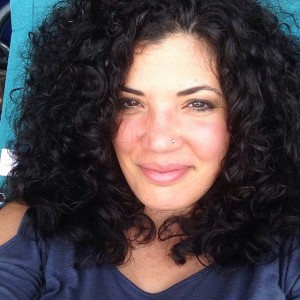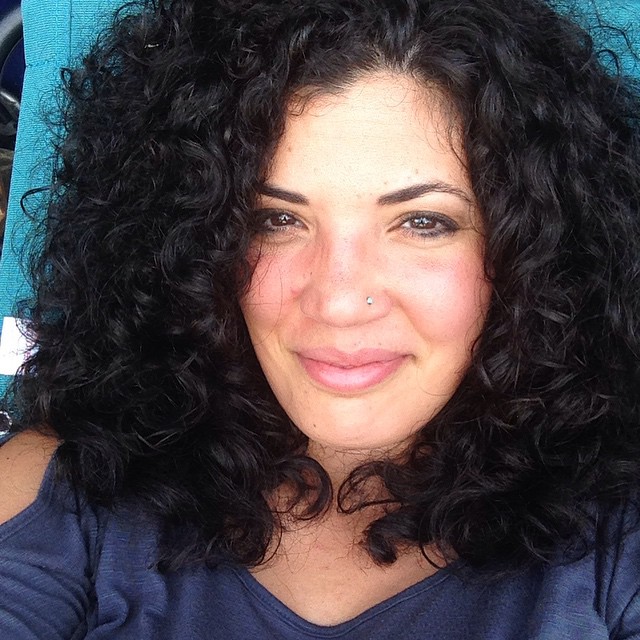Anxious All Over
I’m anxious all over. You can’t know me without seeing it. You don’t really need to know me to see it. I am told frequently to calm down. Strangers reassure me that “everything is okay.” And I know they mean well, but it hurts sometimes. I’ve been guilty of this myself—looking at a friend and telling them it’s not as bad as they think without knowing the full story.
That’s the meat right there: not knowing the full story. I write about surviving and work with survivors, and the common theme no matter our topic is that people assume they understand what we are going through when they are only seeing a fraction of what’s in our life at any given moment.
Anxiety often comes from a specific place, although it doesn’t have to. For me, I was born anxious and unsafe. My home life in my younger years was harsh and frightening. While I am one in a million whose parents got help to end the cycle of abuse, I still struggle with the remnants of an abusive legacy. Friends and family now love to tell me that chapter is ended. For years, I agreed. I thought my anxiety was healed and saw myself as free. But that was a lie.
The body remembers. When my eldest child turned three, he began hitting. He did it in the way three-year-olds do. He was overtired, hungry, frustrated. He was given a plate and and the food looked different than he expected. The tantrums did not worry me. Until the day he struck my face and my body remembered every moment I thought it had forgotten.
I have been told it is shameful that I write about how close I come to being an abuser on a near daily basis. This stems from a lack of understanding of three issues. The first is that the body does remember. There is a reason it is said that abused children become abusive adults. Anger was the example set for us. It is what our body and mind turn to first when we are overwhelmed by cartwheeling, tantrumming toddlers. I can’t tell you how surprised I was to have to fight that impulse. I can tell you it was nowhere near as jarring as falling into a flashback, striking my child, starting therapy, digging in deep to that healing, and still having to fight daily to not see my child as my abuser. To never strike my child again.
I work on this constantly: My child is not my abuser. He is not the adult. I am not the child. I am the adult. He is the child. My child is not my abuser. Despite what comes after this, I am succeeding.
The second misunderstanding is this: My child is autistic, not spoiled or violent. He is very high functioning, which means he passes for neurotypical in most situations (a fact that causes significant expectation and judgment in public from the public). Part of Autism for him is that, at nine, he still behaves emotionally as though he’s three. The food on his plate not looking as he expects can send him into an hours long, cartwheeling tailspin. While he is much better at not striking others when he’s upset, he still throws false punches and kicks. Those motions are all my body needs to remember. They are all my mind needs to jump me back in time, huddled in the corner of my top bunk with all my stuffed animals around me and my arms flailing to protect myself from potential strikes. The bigger my child grows, the harder I work to remember he is not my abuser. He is not the adult. It is going exceptionally well, but I still need a lot of help.
And the third misunderstanding is that silence is better than speaking up. This is wrong. Speaking up de-stigmatizes the struggle those of us who are learning how not to be abusers face. It creates a tiny bubble of compassionate acceptance that can hopefully be expanded. It is a flag for others reading “You are not alone!”. We offer this support to children of alcoholics who battle alcoholism. Why do we deny it to children of abusers who battle repeating their parents’ anger/fear addiction?
So I use my voice via the page. I publicly admit how truly awful and difficult it is to deal with this legacy, but also how beautiful it is to end the cycle. If I stop writing and sharing my journey, it would mean I have shut down and packed it all inward. I have spiraled back into the shame that kept me isolated throughout my childhood when I needed the most help. Silence and shame turn me back into a victim. I have dwelled there before. It is a place of permanent can’t-shake-it-off anxiety. Of certain and slow dying. I don’t want to go back. I want to keep surviving.
*****
 Shawna Ayoub Ainslie writes on issues of race, place and survivorship. She holds an MFA from Indiana University. Her work can be found in The Huffington Post, Medium, [wherever]: an out of place journal, and as part of Amy Gigi Alexander’s Stories of Good series. She is a writing instructor and coach who blogs regularly at The Honeyed Quill.
Shawna Ayoub Ainslie writes on issues of race, place and survivorship. She holds an MFA from Indiana University. Her work can be found in The Huffington Post, Medium, [wherever]: an out of place journal, and as part of Amy Gigi Alexander’s Stories of Good series. She is a writing instructor and coach who blogs regularly at The Honeyed Quill.
Shawna can be found on her blog, Facebook and Twitter
If you enjoyed this post, please take a few moments to leave a comment or to share with your friends using the little share buttons below.








Leave A Comment